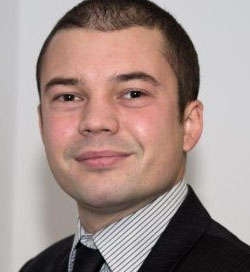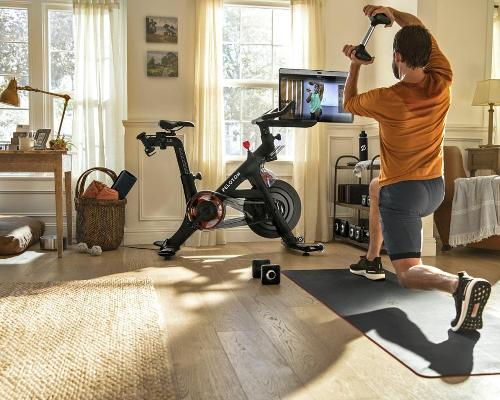In a new discovery, scientists at the US University of Virginia School of Medicine have found that exercise aids a cellular cleaning process in the body known as autophagy. The research, which was based on mice, was published in the bioscience title The FASEB Journal* and showed that exercise increases the ability of skeletal muscle cells to remove damaged components and other cellular debris by this cleaning process. In turn, autophagy is vital for muscles to adapt to exercise – and for the body to receive the health benefits of working out.
The findings could prove important in the battle against the effect of ageing and in diseases like diabetes. They could also shed some light on why some people see little benefit from exercise. We explain the science behind this below.
A body janitor
It’s well known that daily wear and tear on the body’s cells leads to broken or misshaped components. Autophagy, or ‘self-eating’, is the process by which cells clear up this flotsam. Study researcher Dr Zhen Yan explains: “If I can use an analogy to describe this [cellular clean-up process], it’s like daily cleaning by janitors. A team of janitors comes to clean up the working environment, to maintain the homeostasis of the cell.”
Without this process, cells can become blocked, malfunction or die. Some scientists are even beginning to link faulty autophagy function to diseases such as diabetes, cancer and Alzheimer’s. It’s thought that the slowing of this mechanism as we become older also has a part to play in the ageing process.
Yan refers to his analogy to explain: “Exercise training seems to increase the number of janitors and make the process more efficient. So we have a more active cleaning process of the cell.”
The exercise effect
Autophagy was first discovered as a result of stress that comes from cell starvation. A cell recycles some components to help keep the rest of itself alive, but when it’s starved or under physiological stress – like exercise – the autophagy process speeds up.
Yan tells HCM: “Muscles that are frequently used for locomotion or other activities and endurance (four-week) exercise-trained muscles have higher basal level autophagy and more proteins with function in autophagy than muscles that are rarely used.”
The study complements 2012 research by the University of Texas Southwestern, US, which suggests that an acute (30 minute) bout of exercise activated accelerated autography.
Impact on muscle
What Yan and his colleagues also discovered, is that if there’s a problem with the cellular cleaning process, the muscle may not be able to adapt to exercise in order to improve performance. This could mean “losing the trainability”, he explains. It could also, in turn, “impact the effect of exercise in dealing with metabolic diseases such as diabetes”.
According to Yan’s fellow researcher Vitro A Lira, it’s also possible that limitations in autophagy could explain why some people reap the benefits of exercise while others don’t. Although this has yet to be proven.
A new direction
The findings could lead to ways to simulate the benefits of exercise on the cellular cleansing process, such as with a drug. This could benefit people who do not respond to exercise or cannot exercise. It could also help with the slowing of the cellular cleansing process that comes with age – a slowing that causes loss of muscle mass and strength and impaired metabolism.
*Lira V et al. Autophagy is required for exercise training-induced skeletal muscle adaptation and improvement of physical performance. The FASEB Journal, June 2013





















































